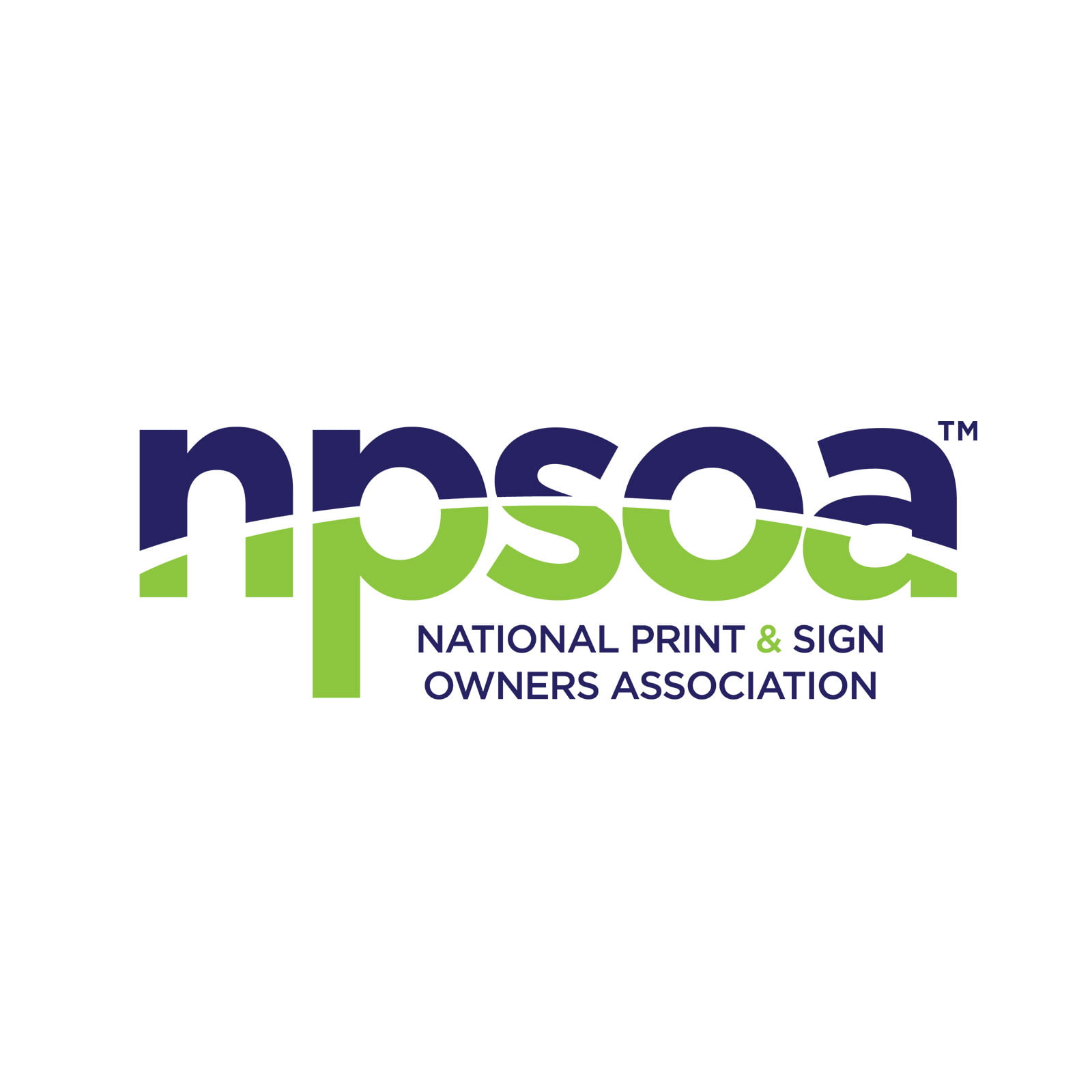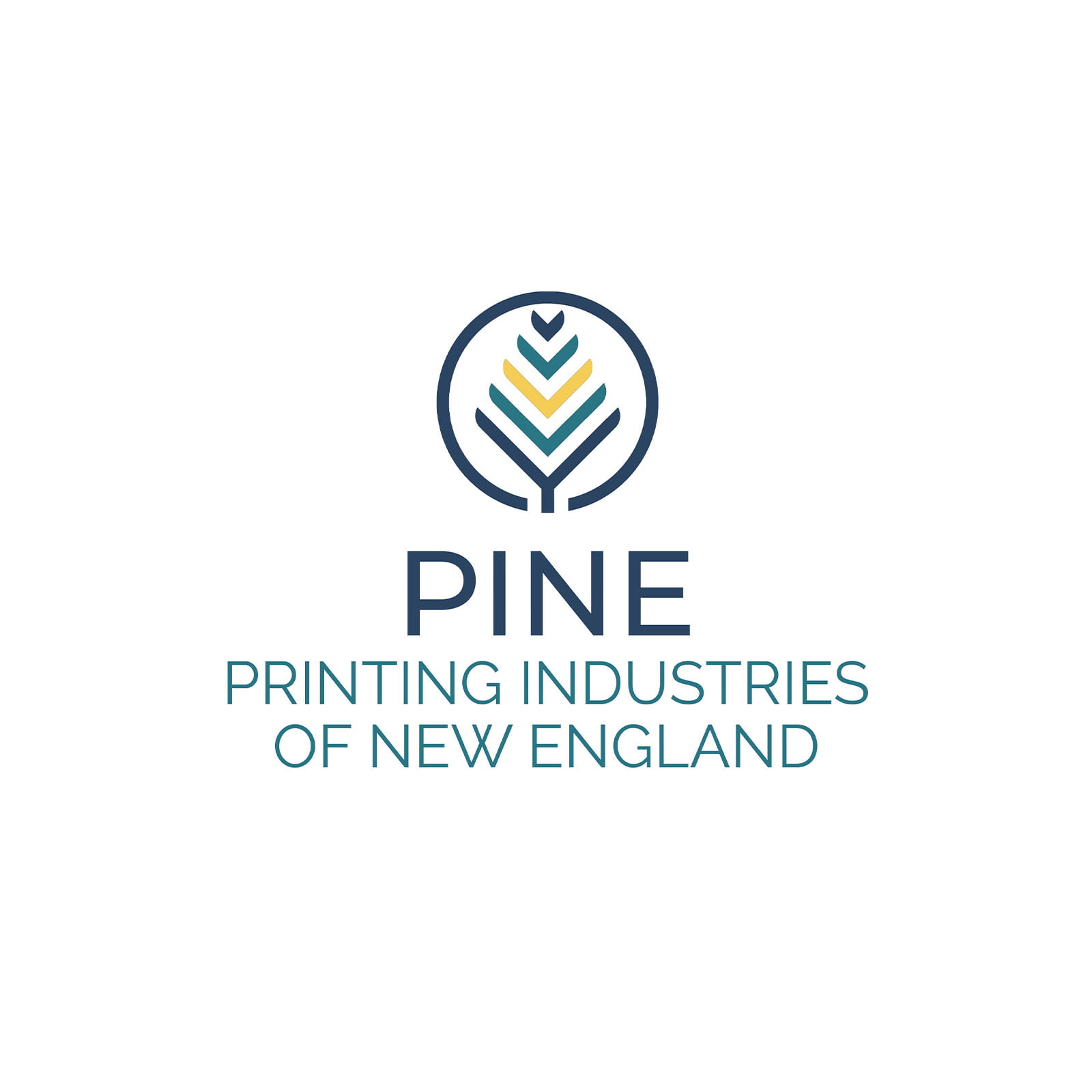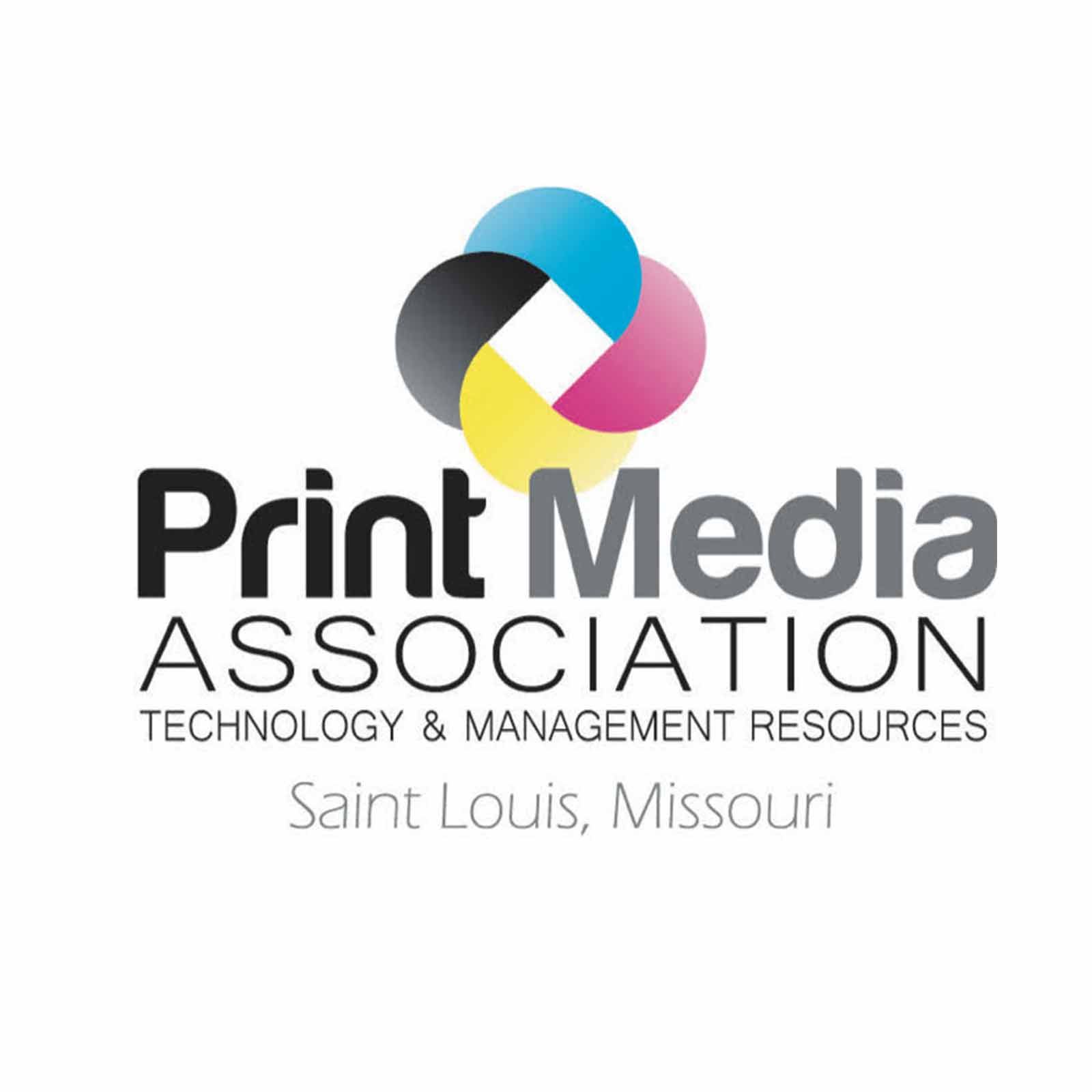
Good morning!
Your phone rings. It’s an internal call from your CSR and it does not start well when you pick up: “You are not going to be happy.”
The first order for that new client— the one that took you 18 months to land— has blown up on press and is not going out as promised. You now have the unenviable job of explaining that to the customer. That conversation goes as well as can be expected. Now, your attention turns to finding out what happened and, more important to you in the moment, who is responsible?
Wouldn’t it feel great to enter the production area like a SWAT team storming a hostage situation? You kicked the door in and start blasting comments in every direction. You have every right to do so. Everyone (in sales) would understand and back you up. Everyone (in production) would see this action as proof all salespeople are prima donnas.
If it is your goal to seek justice and burn off your anger, go ahead and take this approach. However, if you could consider another idea, keep reading…
Stephen Covey famously said, “Seek first to understand and then to be understood.” I believe it is #5 on his list of Seven Habits of Highly Effective People. Let’s apply it in this situation.
Instead of taking Production by storm, what if you assembled all parties involved in the error as part of a postmortem meeting and ask, “What do you need from me so that this does not happen again?” This is a humble and disarming approach, don’t you think? There are no accusations that would cause someone to get defensive. What happened and what went wrong will come out.
And you can always get angry later.
Most likely, the reaction to your question will be a far more calm and productive conversation. Plus, instead of getting your reputation validated, this approach will leave a far better impression in the minds of Production team members and will benefit you in the long run.
Mistakes are going to happen. You have a choice as to how they are handled.
Choose calmly.





















